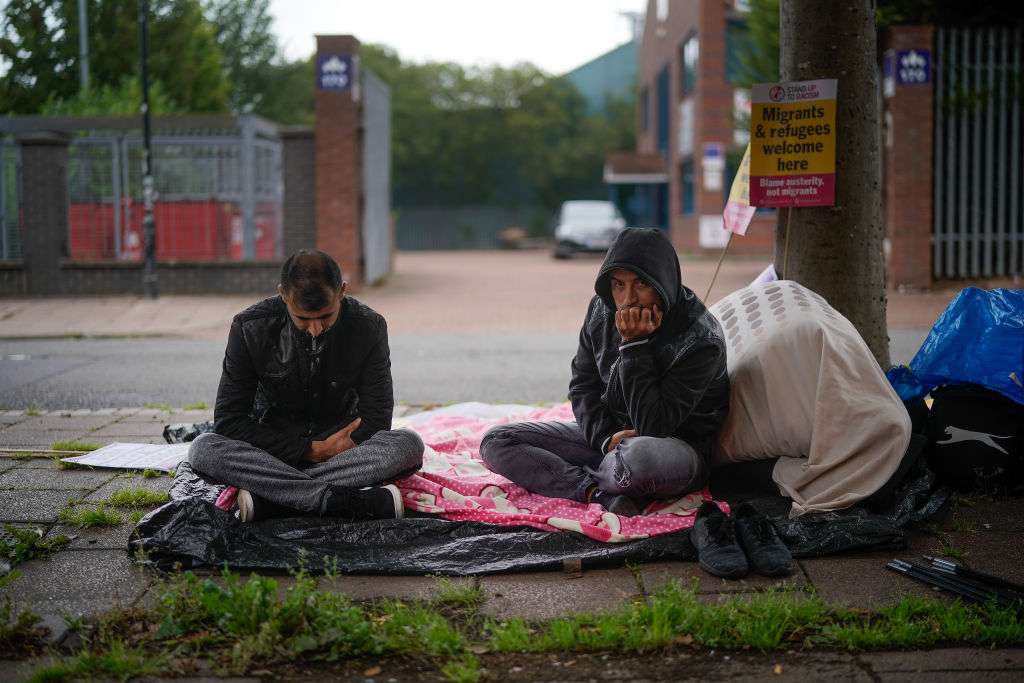
Spiritual Life
Poverty has a name
March 19, 2020
The story went something like this: A group of MBAs from a prestigious university (that shall remain unnamed) determined that through applying their business acumen they could make Mother Teresa and her Missionaries of Charity more effective. They travelled to Kolkata, requested a meeting, and were received by the saint herself. They pulled out their flow charts and spreadsheets filled with graphs and data and she sat listening, quietly, politely.
After their presentation, they turned to her in triumph as if to say, “See, we have improved you!” She said simply, “Follow me,” and took them out into the street, stopped at the first beggar she saw – he was dying, covered in sores, probably starving – and asked his name. She turned to the MBAs and said, “Feed Joseph and then give him a bath.”
Her point could not have been clearer.
What is crucial to any person wishing to be an instrument of God’s mercy is that the human person must be at the center of it. And that person has a name. Tobit says it this way: “Do not turn your face away from any of the poor, and God’s face will not be turned away from you” (4: 7b). What I give, how much I give – these are not nearly so important as the heart from which I give, the way I give and the knowledge that I’m not giving to “a cause” or “a problem,” but to a person, a unique, unrepeatable expression of the thought of God.
And I think this might be why Pope Francis is so determined not to let us forget it.
Just before Ash Wednesday last year he caused a little stir – a favorite pastime, it seems – when he suggested that we should give money to beggars on the street, even if they use that money for alcohol. The pope suggested that if “a glass of wine is the only happiness (a homeless person) has in life, that’s OK. Instead, ask yourself what do you do on the sly? What ‘happiness’ do you seek in secret?”
I confess I found that a little challenging. Every day on my way into work, there are beggars on the off ramp of my exit. They stand there awkwardly, hunched over in the cold with the predictable cardboard signs: “homeless, anything helps,” “God bless you,” “veteran, out of work with 3 kids.”
Not to take issue with His Holiness, but when I meet beggars outside in a frigid Minnesota winter, I often think of the years I spent living in Alaska. Alcohol addiction is rampant there and, sadly, it was not an uncommon thing for a homeless person to be found, frozen to death, perhaps even yards from the front door of a homeless shelter where they had been turned away because they were intoxicated.
So what do we do?
Of course the pontiff is not asking us to be negligent – just as Mother Teresa was not suggesting that proper business management isn’t helpful. But maybe giving alms isn’t so much about solving world hunger, but more about solving “Richard’s” hunger or “Mary’s” – at least for a few hours. Maybe giving alms is an opportunity to relax my grip on judgment, greed and fear, and release a little more humanity in the world – in the form of a couple of bucks and a “Hello, what’s your name?”
Liz Kelly is the author of six books, including “Jesus Approaches: What Contemporary Women Can Learn about Healing, Freedom and Joy from the Women of the New Testament” (Loyola Press, 2017).